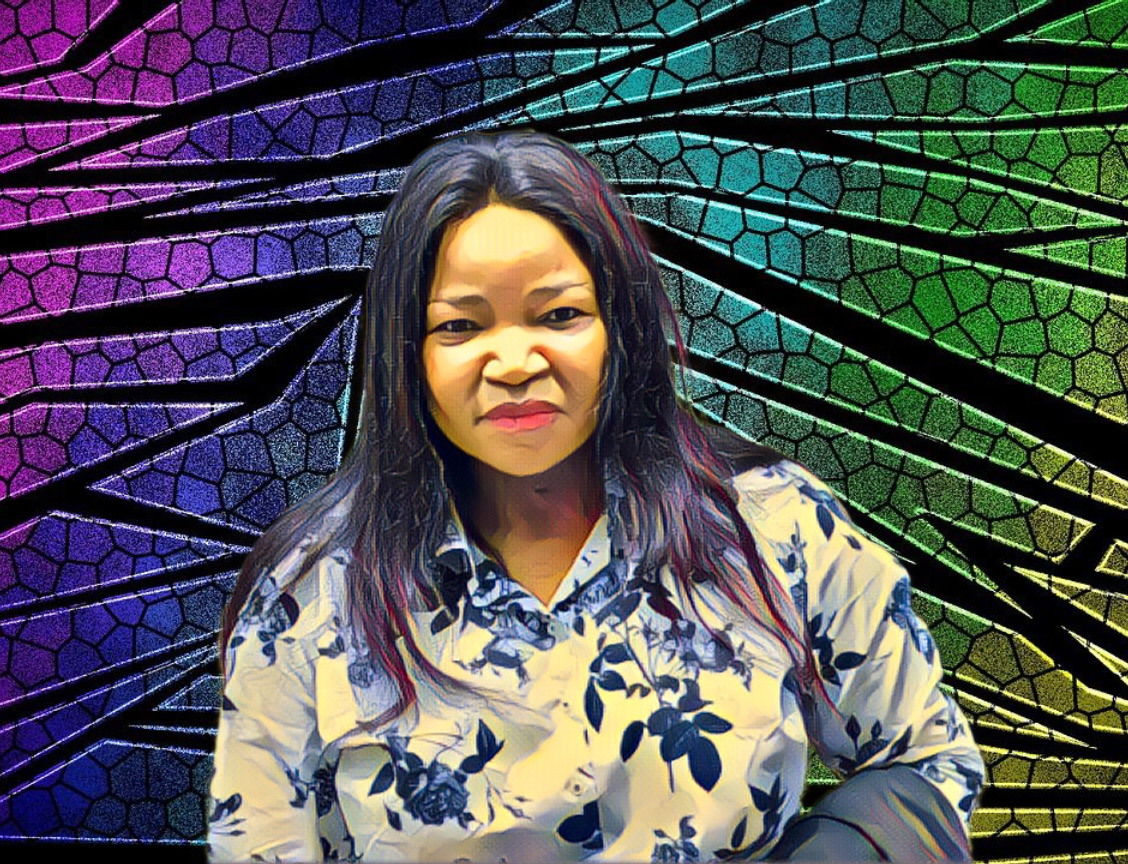Zimbabwe is gearing up for the 2023 harmonized elections, which will determine the country’s president, parliament, and local councils. But the credibility of the polls is already under scrutiny, as opposition parties and civil society groups accuse the ruling Zanu-PF party and the Zimbabwe Electoral Commission (ZEC) of manipulating the electoral system to their advantage.
To challenge the status quo, a coalition of opposition parties under the banner of the National Electoral Reforms Agenda (NERA) has signed a Memorandum of Understanding (MoU) to push for electoral reforms that will ensure a level playing field for all contestants.
Manyara Muyenziwa, the convener of the National Electoral Reforms Agenda (NERA) and leader of the FORUS political party, urged Zimbabweans to hold the judiciary and the Zimbabwe Electoral Commission (ZEC) accountable for the contested 2023 elections, which several observer missions, including SADC and the EU, described as ‘a sham’.
She said the opposition ignored the recommendations of the SADC Elections Observer Mission (EOM) Final Report on Zimbabwe Elections, which highlighted several irregularities and shortcomings in the electoral process.
Muyenziwa said the coalition aims to address the issues raised by the regional bloc, such as the lack of an even playing field, the impartiality of the state media, the proper voter registration, the conduct and transparency of the elections, and the counting and verification of the results.
She also questioned the constitutional provision that stipulates seven days for challenging the presidential election results, saying it is not enough time to gather evidence and file a petition.
She emphasized the importance of scrutinizing court processes and the required documentation for submission. Muyenziwa urged all Zimbabweans to be involved in such processes and to preserve the Report that SADC has issued as an artifact.
The coalition also intends to engage the government, the parliament, the ZEC, and other stakeholders to lobby for the implementation of the reforms.
However, the main opposition party, the Citizens Coalition for Change (CCC), did not attend the signing ceremony, raising doubts about the unity and effectiveness of the coalition.
Since 2023, Nelson Chamisa has led the Citizens Coalition for Change (CCC) to boycott all elections, claiming that they are rigged and illegitimate. The party has also been calling for a national dialogue with President Emmerson Mnangagwa, who succeeded Robert Mugabe in 2017 after a military coup.
Mnangagwa has promised to improve the electoral system and uphold democratic principles, but critics say he has not delivered on his pledges and has instead intensified the crackdown on dissent and human rights.
Zimbabwe has a history of violent and contested elections, which have often resulted in political and economic crises. Many people view the 2023 elections as a crucial test for the stability and development of the country.
But despite the challenges and uncertainties, some Zimbabweans remain hopeful that the electoral reforms will bring positive change and foster a culture of democracy and accountability.
“I think it is a good initiative by the opposition parties to come together and demand electoral reforms. We need free and fair elections in this country” said Tendai Moyo, a vendor in Harare.
Source: New Zimbabwe


